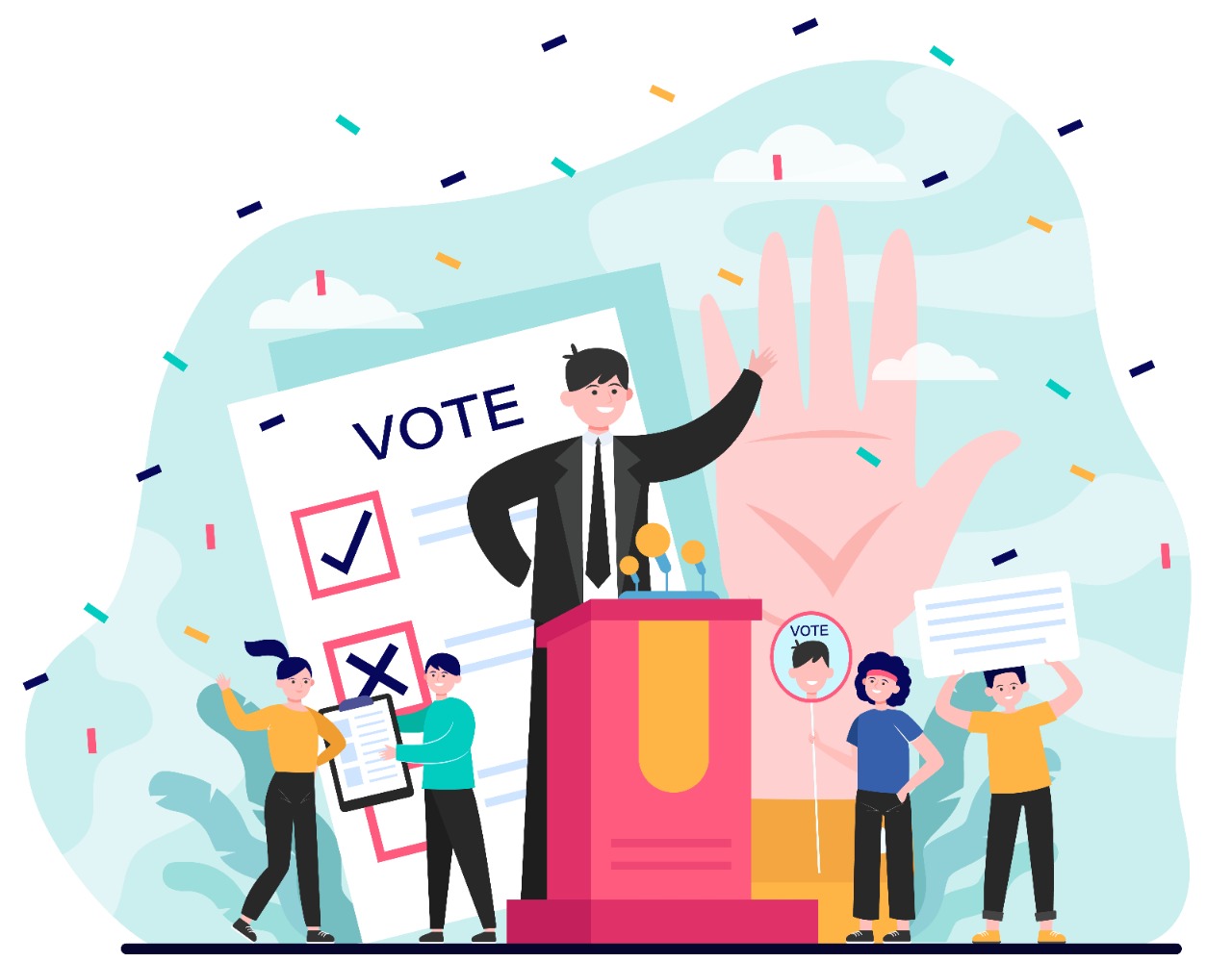Political PR
Political PR, also known as political public relations, is the practice of managing the communication and reputation of political organizations, candidates, and elected officials. This can include developing and implementing communication strategies, creating and distributing content, and engaging with the media and the public.
Political PR professionals work to shape the public perception of their clients, whether that's a political party, a candidate running for office, or an elected official. They use a variety of tactics to do this, such as creating and distributing press releases, arranging interviews and press conferences, and managing social media accounts. They also work to shape the narrative around key issues and respond to crisis situations.
In addition to traditional PR tactics, political PR professionals also use polling, focus groups, and other research methods to understand the public's perceptions and attitudes. They use this information to develop effective communication strategies and messaging.
Political PR is an important aspect of the political process, as it helps to shape the public's understanding and perception of political issues and candidates. It's also a dynamic and fast-paced field that requires a deep understanding of political strategy and the ability to adapt to rapidly changing circumstances.
Political PR, or public relations in the political arena, can have several benefits, including:
- Building public trust: Political PR can help to build trust and credibility with the public by communicating transparently and effectively about political actions and policies.
- Shaping public opinion: Political PR can be used to shape public opinion by influencing the way people think about a particular issue or candidate.
- Managing crises: Political PR can be used to manage crises and mitigate negative effects by communicating effectively and quickly.
- Enhancing reputation: Political PR can enhance the reputation of a political candidate or party by promoting their accomplishments and highlighting their strengths.
- Building relationships: Political PR can be used to build relationships with key stakeholders, such as the media and other political leaders, which can be beneficial in advancing political goals.
- Mobilizing support: Political PR can be used to mobilize support for a political candidate or party by building a strong base of supporters through effective communication and outreach efforts.
- Helping to create policies: Political PR can help create policies by providing insights on how the public may react to different policies.
- Advocating for issues: Political PR can be used to advocate for important issues and causes, by raising awareness and building support among key stakeholders.

